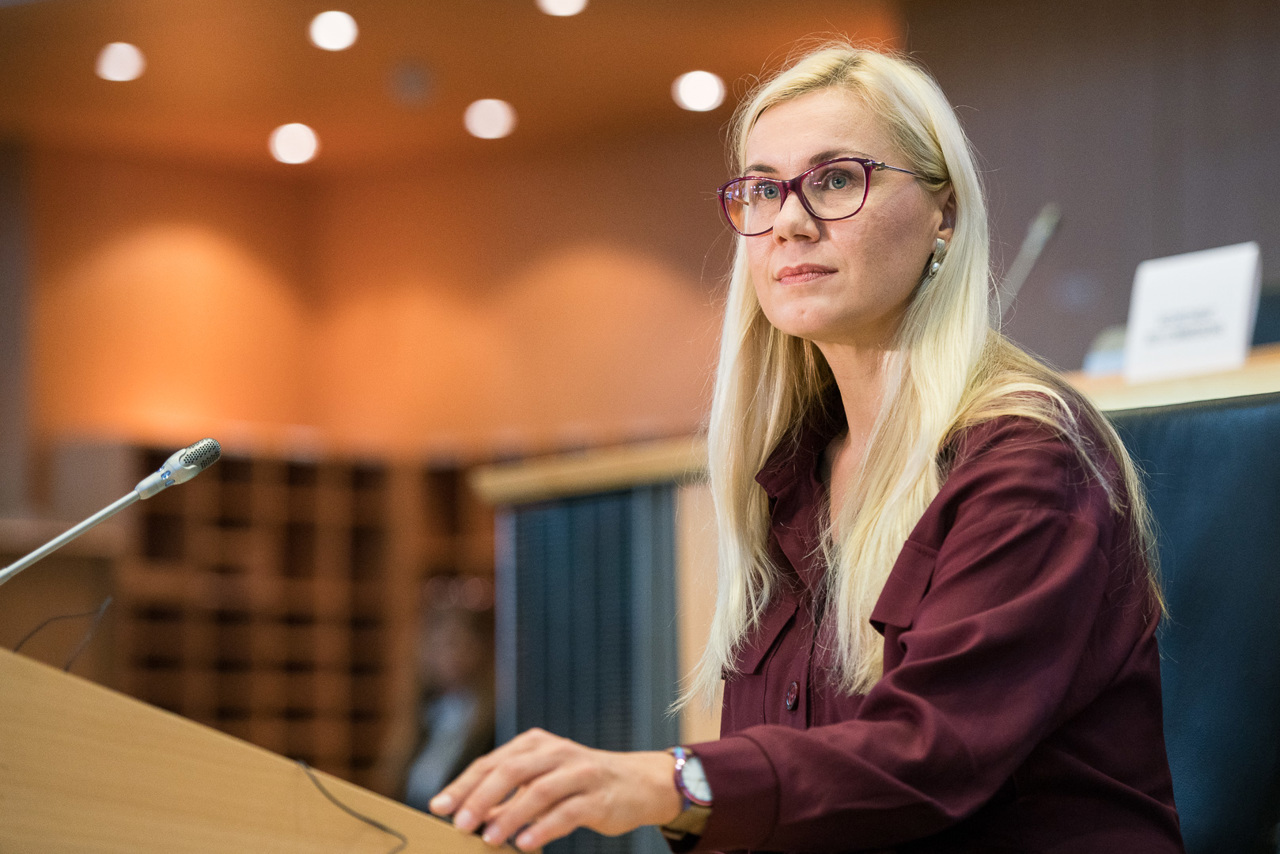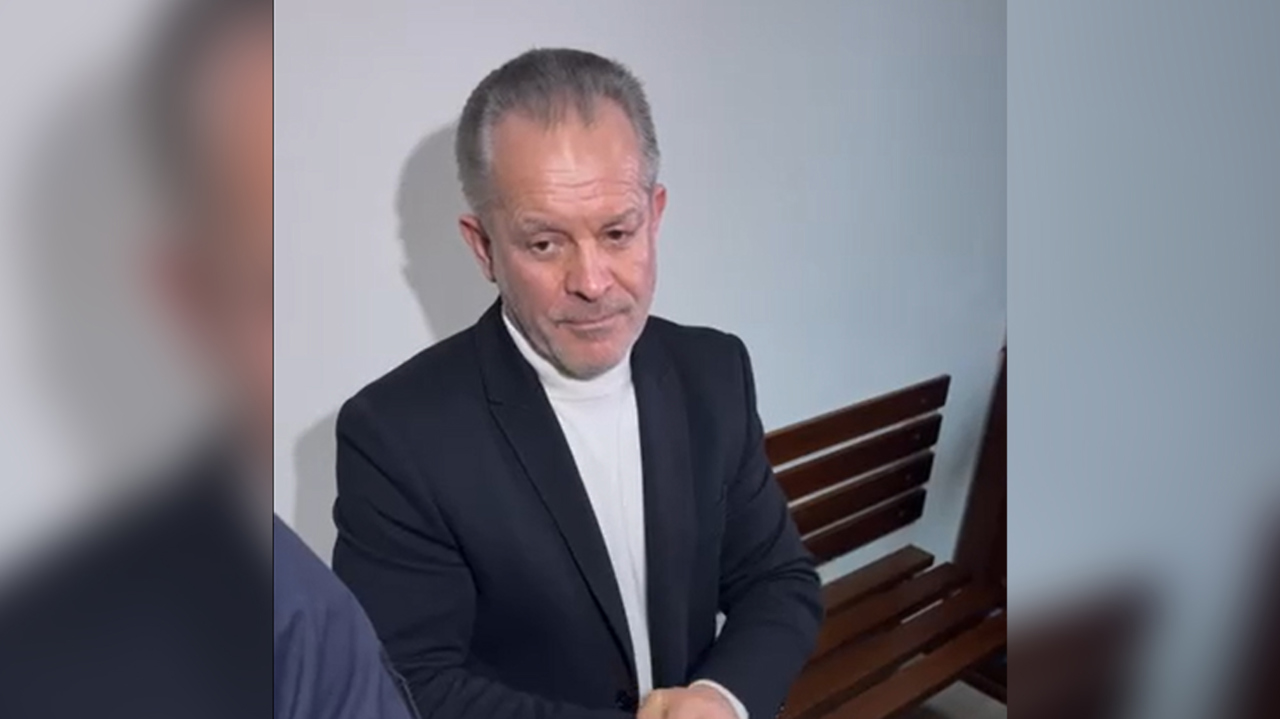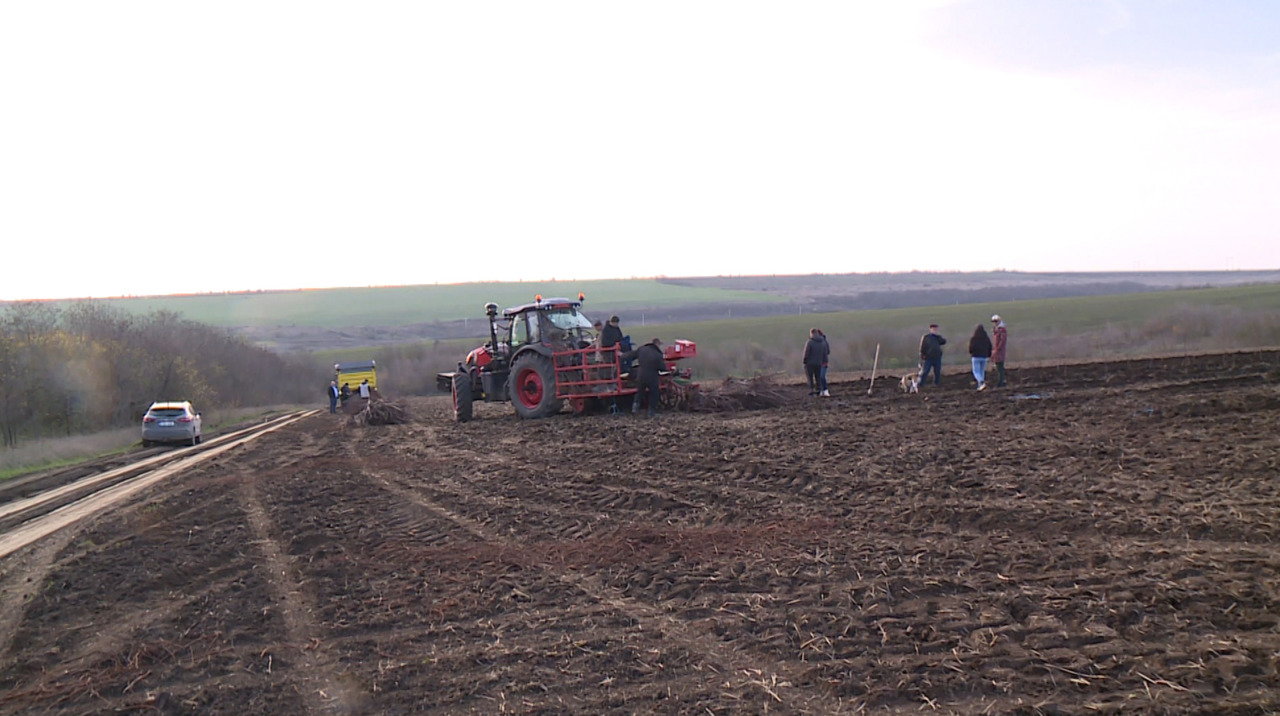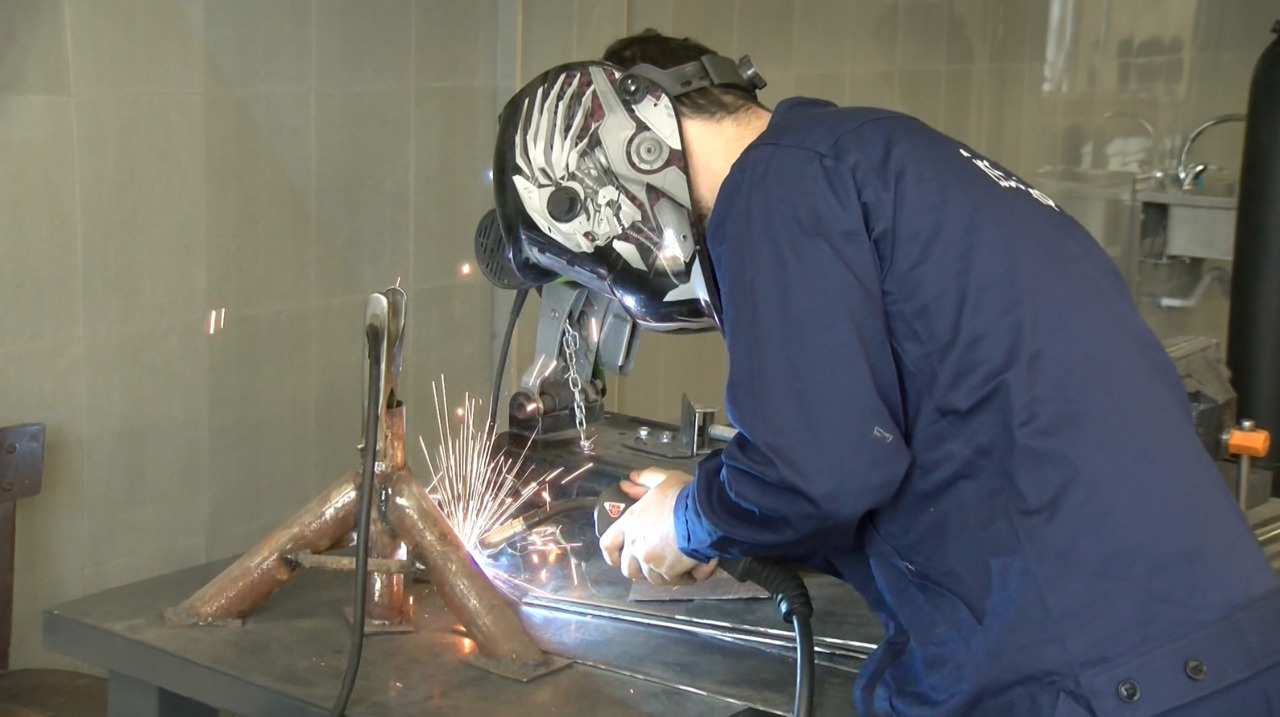EU Pressures LNG Buyers to Cut Russian Imports
The European Union is putting increasing pressure on importers of Russian liquefied natural gas (LNG) to reduce their purchases this year, said European Energy Commissioner Kadri Simson, according to Agerpres with reference to Bloomberg.

While Russian pipeline gas deliveries to the EU have fallen to historic lows, the bloc's imports of Russian liquefied natural gas have increased. Kadri Simson revealed that she discussed this issue on Friday at an energy meeting with US officials, who are currently the EU's main supplier of liquefied natural gas.
"My message was that we must reduce our reliance on Russian exports even further this year," Kadri Simson said at the end of the US-EU Energy Council, which took place in Washington. "Within the EU, we are gradually increasing pressure on European companies to reduce their purchases of Russian liquefied gas and, again, reliance on US deliveries is important," added the European Commissioner.
Member state governments will gain a new tool to stop Russian gas purchases. A new law coming into force in a few weeks will allow governments to block such deliveries without resorting to sanctions. Some member states have asked the European Commission to ensure coordinated use of the regulations to prevent Russian gas deliveries from being redirected to neighbouring countries, potentially delaying the implementation of the new regulations.
The measure will allow EU member states to temporarily prevent exporters from Russia and Belarus from booking the infrastructure capacity they need to deliver liquefied natural gas and natural gas in order to protect their vital security interests.
"In recent months, we have seen a decrease in Russia's revenues, but we still have a lot to do to prevent Russian liquefied gas from coming to European markets," Simson said. She added that the bloc can cope with the cessation of Russian natural gas transit through pipelines crossing Ukraine, "without major risks to security of supply".
These deliveries, which currently amount to about 14 billion cubic metres, cover most of the gas demand in Austria, Hungary and Slovakia. In 2021, Russian piped gas supplied to Europe was 155 billion cubic metres.
"The EU's position remains that there are alternative supply routes, through the use of the south-to-west network, through the use of liquefied natural gas facilities and other interconnector pipelines," Simson said. "We continue to work closely with the most affected Member States to ensure that alternatives are in place," added the European official.
Translation by Iurie Tataru





